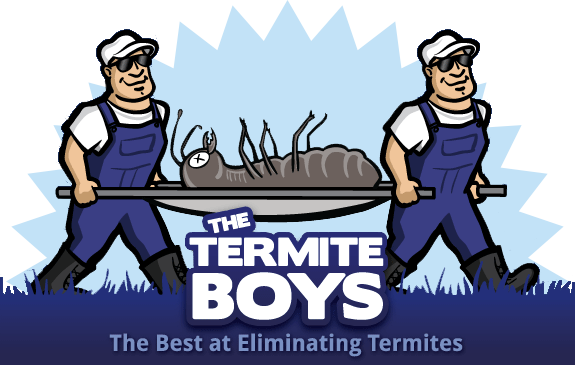Termites can cause serious damage to homes and buildings, and they’re a common problem in the Boston area. If you’re a homeowner, it’s important to take steps to protect your property from these destructive pests. In this article, we’ll discuss some of the ways you can prevent termite infestations and protect your home.
Understanding Termites
Termites are small, wood-eating insects that can cause significant damage to homes and buildings. They feed on cellulose, which is found in wood, paper, and other plant materials. In the Boston area, there are two types of termites that are common: subterranean termites and drywood termites.
Subterranean termites live in soil and build mud tubes to travel through. They typically enter homes through cracks in the foundation or gaps around pipes and utility lines. Drywood termites, on the other hand, live in wood and can infest furniture, walls, and other wooden structures.
Signs of Termite Infestation
It’s important to know the signs of termite infestation so you can take action quickly to prevent further damage. Here are some signs to look for:
- Mud tubes on the exterior of your home
- Cracks or bubbling in paint or wallpaper
- Hollow-sounding wood
- Discarded wings near windows or doors
- Termite droppings that look like small piles of sawdust
If you notice any of these signs, contact a pest control professional to inspect your home.
Prevention Strategies
Prevention is key when it comes to protecting your home from termites. Here are some strategies to consider:
- Remove any wood debris, such as piles of lumber or firewood, from around your home’s exterior.
- Fix any leaks or moisture issues, as termites are attracted to damp environments.
- Seal any cracks or gaps around pipes and utility lines to prevent termites from entering your home.
- Use treated wood or termite-resistant materials when building or renovating your home.
- Have your home inspected regularly by a pest control professional.
Treatment Options
If you do discover a termite infestation, there are several treatment options available. Your pest control professional will recommend the best option based on the severity of the infestation and the type of termites present. Treatment options may include:
- Liquid termite treatments, which involve applying a liquid insecticide to the soil around your home’s foundation.
- Termite baits, which are placed in the ground around your home and attract termites to feed on a toxic substance.
- Fumigation, which involves tenting your home and using gas to kill termites.
FAQs About Termites in the Boston Area
Here are some frequently asked questions about termites in the Boston area:
Q: Are termites a common problem in the Boston area?
A: Yes, termites are a common pest in the Boston area, particularly subterranean termites.
Q: How can I tell if I have termites in my home?
A: Look for signs such as mud tubes, discarded wings, and termite droppings. If you suspect you have termites, contact a pest control professional for an inspection.
Q: Can I prevent termites from entering my home?
A: Yes, you can take preventative measures such as removing wood debris, fixing leaks, and sealing cracks and gaps.
Termites can cause significant damage to homes and buildings, but with the right prevention strategies and treatment options, you can protect your home from these destructive pests. If you suspect a termite infestation, don’t hesitate to contact a pest control professional. They can inspect your home and recommend the best course of action to protect your property. By taking steps to prevent and treat termite infestations, you can ensure that your home stays safe and secure for years to come. Remember, prevention is always better than treatment when it comes to termites, so take action today to protect your home.

